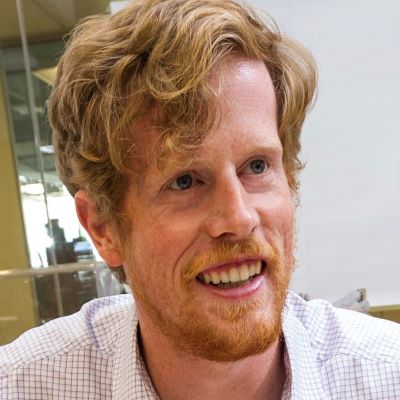Webinar - Space Radiation Effects—Modeling the Environment for Systems Analysis
Sponsor: IEEE Boston/Providence/New Hampshire Reliability Chapter
Please visit www.ieee.org/bostonrel
Host: IEEE Boston/Providence/New Hampshire Reliability Chapter
FREE Webinar
The space environment presents many natural hazards, one of which is a harsh radiation environment. Energetic ions from the sun and far-off galaxies affect sensitive microelectronics, causing a multitude of adverse effects. With modern manufacturing techniques that increase performance by decreasing feature sizes, commercially available digital parts such as FPGAs are only becoming softer to particle radiation, reducing reliability. This talk discusses how analysis of this environmental risk can be done in the system engineering process and introduces in-house modeling efforts at Lincoln Laboratory that will better enable future space program assessments of reliability.
Date and Time
Location
Hosts
Registration
-
 Add Event to Calendar
Add Event to Calendar
Loading virtual attendance info...
- Contact Event Host
-
Michael W. Bannan, Chair
IEEE Boston/Providence/New Hampshire Reliability Chapter
Speakers
 Dr. J. Brent Parham of MIT Lincoln Laboratory
Dr. J. Brent Parham of MIT Lincoln Laboratory
Biography:
Dr. J. Brent Parham is a member of the Technical Staff in the Space Systems Analysis and Test Group at MIT Lincoln Laboratory, where he has studied the space environment and its effects on national infrastructure for the past ten years. Before joining the group, Dr. Parham received a bachelor’s degree in Aerospace Engineering from MIT. During his time employed at Lincoln Laboratory he earned a master’s in Mechanical Engineering, and a doctorate in Electrical Engineering from Boston University as part of its Center for Space Physics. He has been involved with several cubesat build efforts over the years, while currently supporting several missions to develop next generation space weather instruments.
Agenda
11:00 AM Technical Presentation
11:45 AM Questions and Answers
12:00 PM Adjournment
The meeting is open to all. You do not need to belong to the IEEE to attend this event; however, we welcome your consideration of IEEE membership as a career enhancing technical affiliation.
There is no cost to register or attend, but registration is required.

